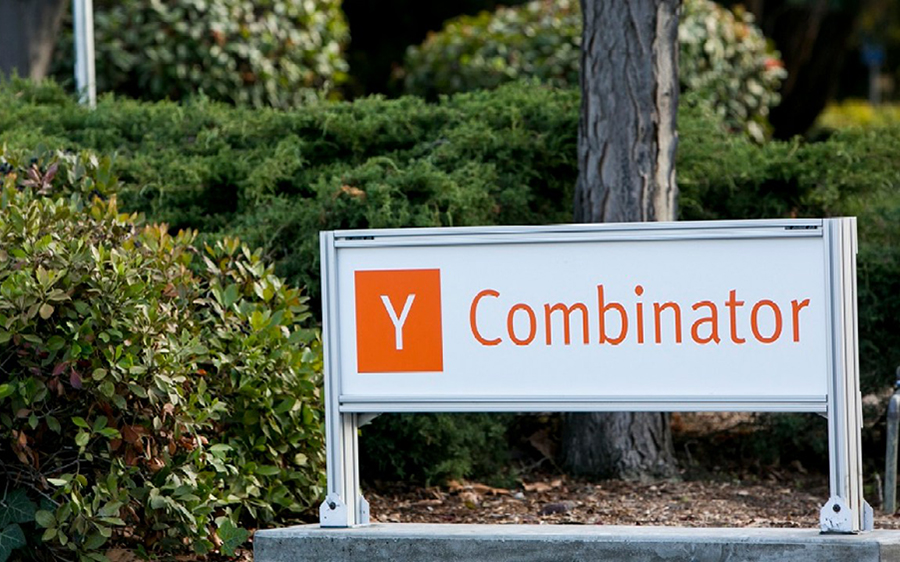About 2 weeks ago, Y Combinator announced that it has updated its investment deal in startups, from $125,000 to $500,000. With this new deal, the accelerator has added $375,000 in an uncapped safe, with “most favoured nation” (MFN) terms added to its standard deal of $125,000 for a 7% equity stake.
This announcement sparked a lot of opinions from players in the African tech ecosystem. While some early-stage venture capitalists and angel investors couldn’t find fault in the new deal, others think it’s problematic. They think it’ll numb the competition and pose a barrier to closing investments, especially for founders from emerging markets who might not raise big cheques post-YC.
So TechCabal spoke to some YC founders—those in this year’s summer and winter batch and some alumni—to understand their positions on the new deal. One thing is clear: founders don’t share the same sentiment with venture capitalists and angel investors. In fact, while some of them declined to comment, those who did—anonymously or openly—expressed their excitement for the deal.
For Femi Iromini, founder and CEO of Moni, a Nigerian fintech startup that got into the 2022 summer batch, the new deal gives founders the stability to stay lean while they find a market fit, gain more traction, and approach fundraising with great confidence to raise.
Agreeing to Iromini’s take is another founder who’s asked to be anonymous, “My thought is that this new deal gives founders leverage to not be desperate while raising, which in turn will lead to higher valuations pre- and post-demo day. Also, the idea of investing in a company after acceptance to YC is gone. Investors now need to look for other signals for startups pre-YC,” he said.
There is an open secret that early-stage investors usually hold on to their dollars until startups get into YC before committing, so that they can benefit from the YC arbitrage, which is an increment in a startup’s valuation that happens between the time a startup gets into YC and the demo day. With this new deal, YC arbitrage is gone; it’s either they write cheques pre-YC or write bigger ones for lesser terms during or post-YC.
Across the responses we received from founders, we noticed a common thread: Once founders get into YC, there’s usually a rush to fundraise. Look at it this way: these founders know they’re getting a certain $125,000, but that money may not arrive until after 2–3 months of completing the programme. For instance, summer batch demo days are usually slated for March and most founders opt to raise funds to stay liquid until demo day or until whenever the next funding arrives in the bank. This sounds fair, but the problem is, founders are desperate and thereby settle for ridiculous terms to close quickly.
Moses Enenwali, founder and CEO of logistics startup Topship, which made it into the 2022 YC summer batch, calls this ridiculous term the “gorilla term”. The uncapped safe is a way to insulate founders from gorilla terms and not YC’s way of bamboozling them into snagging up more equity.
For instance, to access the $375,000, founders would only give YC the best term they’re giving other investors for their next funding. What this means is, founders have the power to set their cap. If they are confident enough—which of course is the motive of this new deal—they can even get the whole $375,000 for less than 7%. Moses Enenwali believes it could go for as low as 1–3%.
If there is anybody at a disadvantage here, it’d be YC that’s giving $125,000 to get 7% and now giving more to possibly get less. But YC has done its homework; its decision comes as a result of its 2021 success—10 of its companies have IPO-ed, among many other milestones. It’s true that this deal will ensure that they own more of the good companies in their early years, but on the founders’ terms.
“This sum will enable founders to focus on launching, building, and scaling their company. It will remove the immediate pressure to fundraise and accept less than favourable terms,” said YC in their announcement blog.
Enenwali stated that his favourite part of this whole deal is not being saddled with the responsibility of thinking too much about fundraising and investor relations as opposed to focusing on his business and customer.
“Fundraising is an extremely arduous, time-consuming, and soul-sucking event. So, for me, it’s very refreshing, because I’ll have more time to focus on my product and customers,” said Enenwali. “This deal will help me close a funding round quickly at a better term and get back to building the business.” Enenwali concluded.
However, for Hao Zheng, the founder and CEO of Ethiopian beU, and a few other fresh founders who spoke to us anonymously, it’s early days, and they are still trying to understand the technicalities around the deal and how it favours their roadmap. But tapping from the enthusiasm other founders have shown towards this deal, they are optimistic that it’s a good one.



















